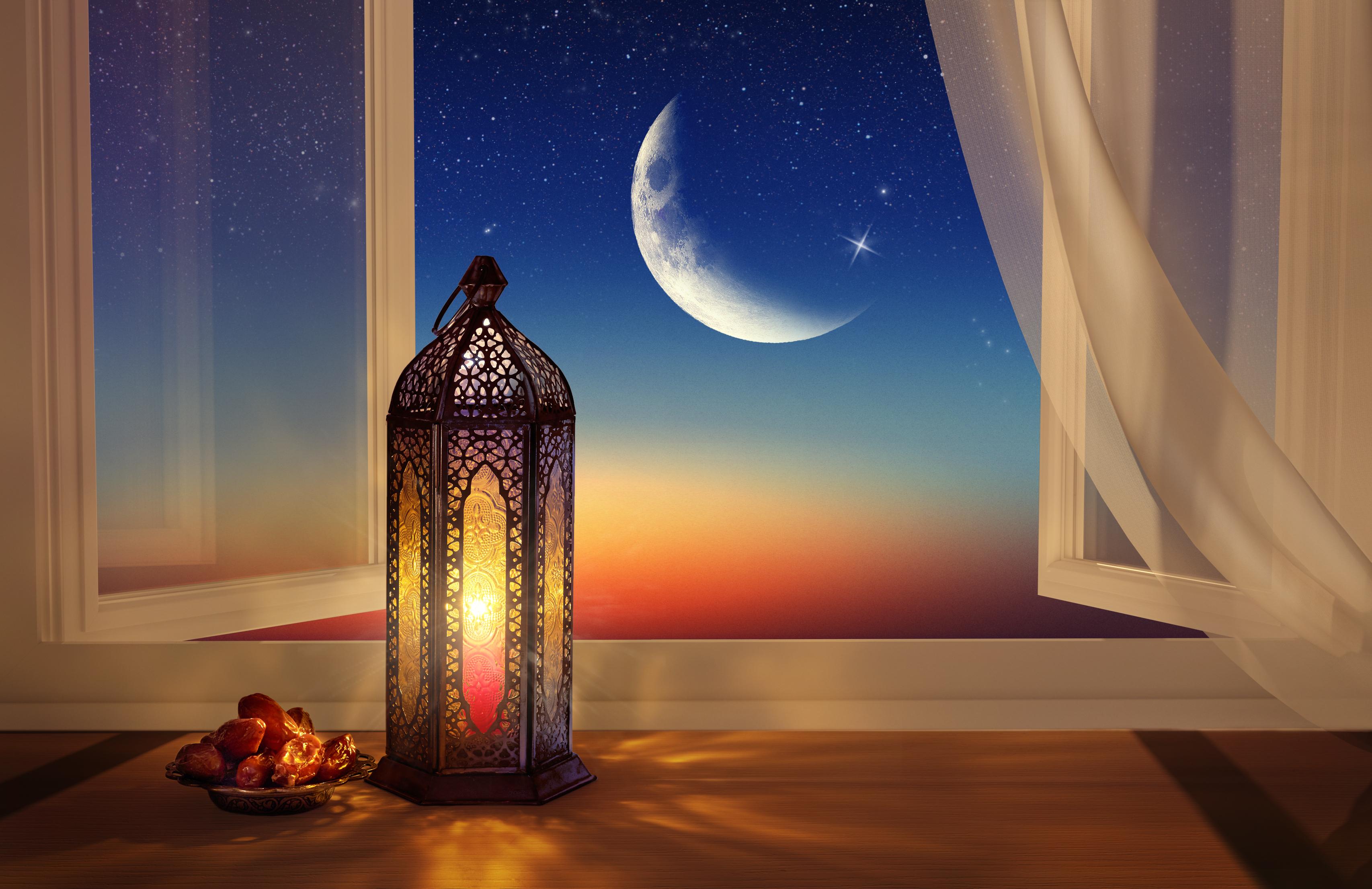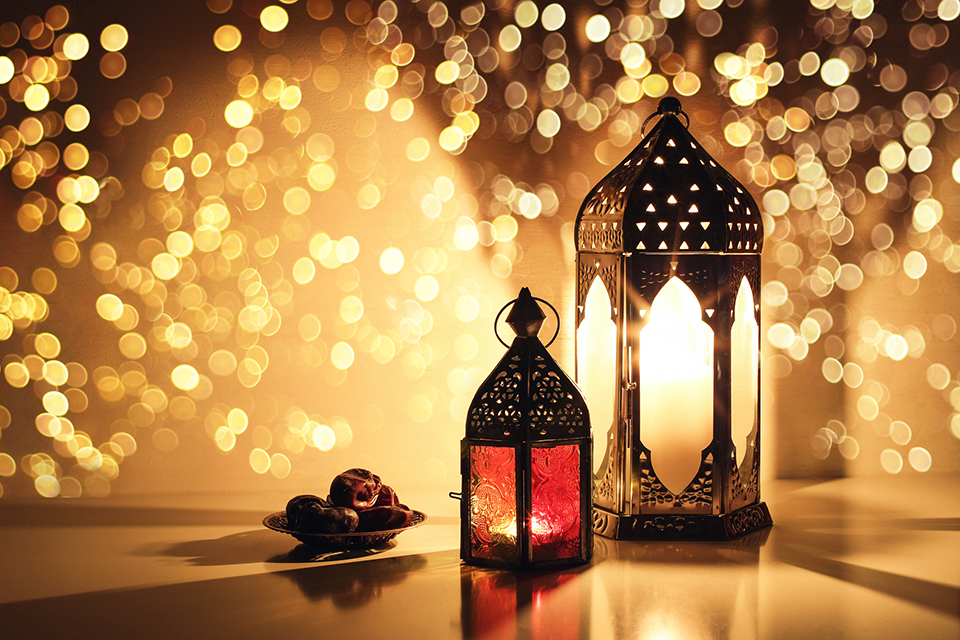When Is Ramadan 2024 - Understanding This Sacred Time
Many folks find themselves wondering about the timing of significant cultural and religious observances, and so, the question of when is Ramadan 2024 often comes up. This special time, a period of deep meaning for a great many people around the globe, moves around on our regular calendar. It's because the dates for this holy month are tied to the moon's cycles, which, you know, makes it a bit different each year.
While the specific dates for Ramadan 2024 have, of course, already passed us by, looking at how this period is marked, say for Ramadan 2025, can really help us grasp the rhythm of it all. It gives us a good sense of what to expect, and how people prepare for such a meaningful stretch of days. Basically, understanding the upcoming year’s details helps paint a picture of what this special time is really about.
This article aims to shed some light on the nature of Ramadan, drawing from information that gives us a glimpse into its structure and observances. We will, in a way, look at the traditions and practices that make this month so very important, using examples related to how it might unfold in a particular year like 2025. It’s all about getting a clearer picture of this spiritual season.
Table of Contents
- Understanding the Rhythm of Ramadan
- What Is Ramadan All About?
- Why Do the Dates for Ramadan Shift?
- How Do We Know When Ramadan 2025 Starts?
- What Are the Main Practices - When Is Ramadan 2024 on Our Minds?
- Community Spirit - A Look at Support, When Is Ramadan 2024 a Time for This?
- Getting Your Local Details - When Is Ramadan 2024 a Question?
- The Crescent Moon and Its Role
- A Quick Look Back
What Is Ramadan All About?
Ramadan, you see, holds a truly special spot in the Islamic calendar. It's the ninth month, to be precise, and it is observed by a truly vast number of people who practice Islam, pretty much all over the world. This period is, in some respects, a time set aside for a number of very important activities that help people connect with their faith on a deeper level.
One of the central elements of this month is fasting, which is called 'sawm'. This isn't just about not eating; it's a complete pause from food and drink during daylight hours. It's a way for people to show their devotion, to feel what it's like to go without, and to focus on spiritual growth. It's a very personal act of worship, yet it's also something shared by so many.
Beyond the fasting, Ramadan is also a time for communal prayer, known as 'salah'. People often gather in mosques, or other places of worship, to pray together, strengthening their bonds as a community. This collective prayer, particularly the special evening prayers called 'taraweeh', really adds to the shared experience of the month. It's a time when people feel a strong sense of togetherness, which is actually quite moving.
- Emmy Russell American Idol
- Kate Middleton And Prince William
- Gotg Cast
- Kristen Stewart Partner
- Gavin Newsom Ex Wife
Reflection is another big part of Ramadan. It's a chance for people to think deeply about their lives, their actions, and their relationship with their Creator. This quiet contemplation, you know, helps individuals grow personally and spiritually. It’s a time for self-improvement and seeking forgiveness, a period for really looking inward.
And then there's the community aspect. Ramadan is very much about supporting one another, sharing meals, and performing acts of kindness. It's a period where the spirit of giving and looking out for your neighbors really shines through. This collective effort, perhaps, makes the month even more meaningful for everyone involved.
Why Do the Dates for Ramadan Shift?
You might have noticed that the start date for Ramadan seems to move around quite a bit from one year to the next. This is, in a way, because the Islamic calendar, unlike our common Gregorian calendar, is a lunar calendar. This means it follows the cycles of the moon, rather than the sun. A lunar month is, more or less, about 29 or 30 days long, and a lunar year is shorter than a solar year.
Because the Islamic calendar is based on these moon cycles, the months gradually shift earlier in the solar year. So, for example, a month that falls in winter one year might, over time, move into autumn, then summer, and so on. This cycling through the seasons is a natural characteristic of a lunar calendar, and it means Ramadan won't always be in the same season, which is rather interesting.
The exact beginning of each Islamic month, including Ramadan, traditionally relies on the sighting of the crescent moon. This isn't just about looking at a calendar; it's about actually seeing the new moon in the sky. This practice, you know, has been followed for a very long time, and it adds a tangible, natural element to the start of the holy month. It makes the timing feel connected to the natural world, in a way.
This reliance on moon sightings means there can sometimes be slight variations in when Ramadan begins in different parts of the world. One region might sight the moon a day before another, leading to a small difference in their start dates. It's a system that, in some respects, emphasizes observation and tradition over a fixed, pre-determined schedule.
How Do We Know When Ramadan 2025 Starts?
When we look ahead to a year like 2025, we can get a good idea of when Ramadan will begin, even with the moon sighting tradition. For instance, information suggests that Ramadan 2025 in places like Sacramento, California, and Dallas, Texas, is pretty much expected to start around February 28th and then finish up around March 30th. This period, it seems, would mark a full 30 days of fasting and special prayers.
These dates, you know, are generally based on predictions and astronomical calculations,

Islamic Ramadan

Ramadan Facts | Donate to Muslim Charity | Muslim Aid

Ramadan: What to Know About the Muslim Holy Month in 2023 | CSUN Today